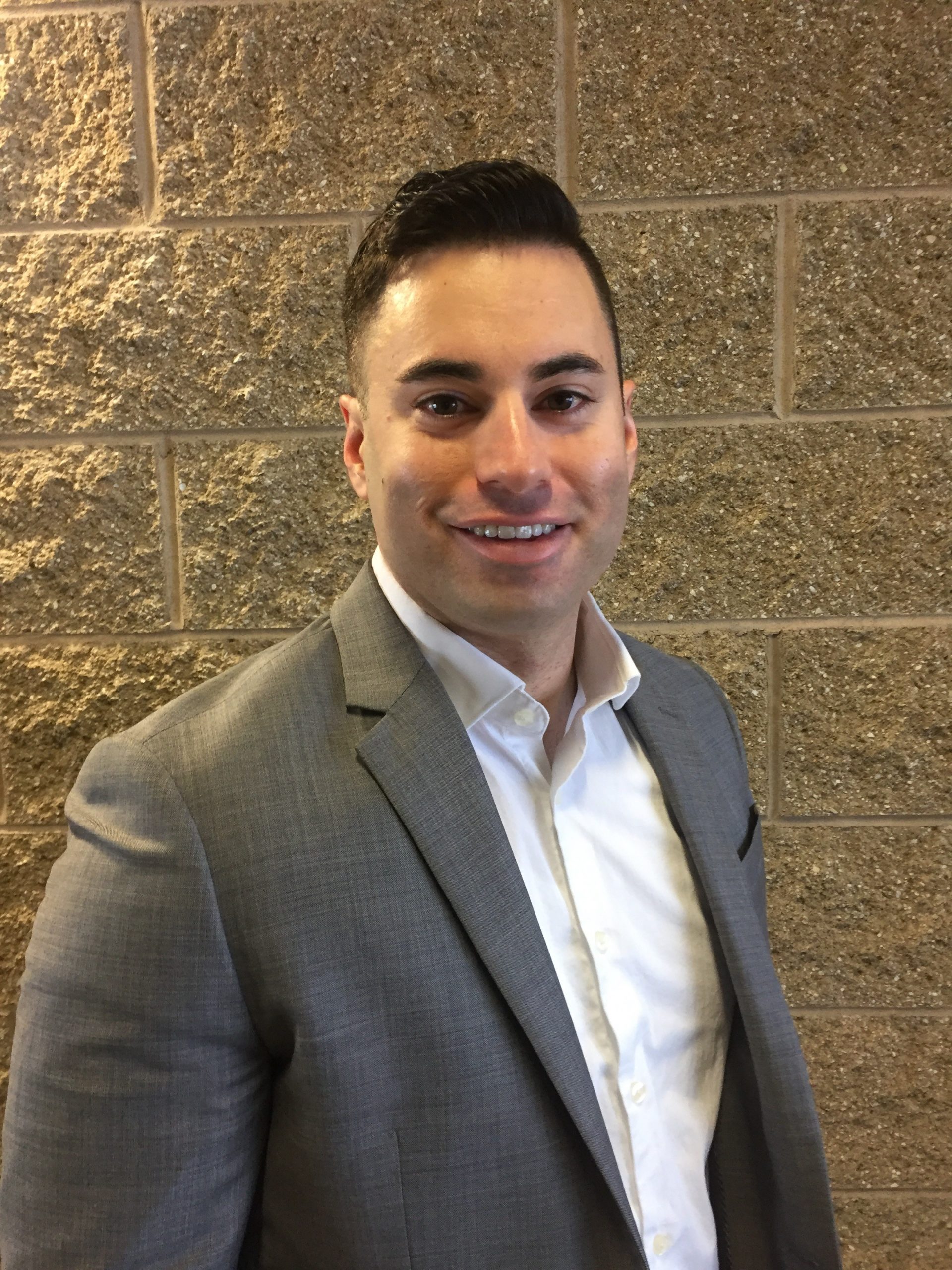Marketing addiction treatment services is important because it helps those who are struggling with substance use disorders (SUDs) connect with the treatment options that can help them recover. Individuals in crisis can get the lifesaving care they need if rehab centers can market their services effectively.
A strong marketing strategy not only raises awareness about available services but also builds trust in the community, fights stigma, and normalizes seeking help for drug and alcohol addiction. It ensures that those who are actively searching for help online can actually find the answers they need.
At the same time, the addiction treatment industry is highly competitive and deals with people in incredibly vulnerable situations. This means effective marketing goes beyond simply ranking on Google or running ads on social media.
Proper marketing is all about reaching the right people with the right solutions at the right time. Done properly, it can provide hope and inspiration in a moment of crisis.
In this competitive landscape, effective marketing can be the difference between a center operating at capacity or struggling to fill beds—impacting both the facility’s sustainability and the lives of people who need help.
While most treatment centers already know the standard playbook—SEO, Google Ads, etc.—there are several tactics that slip through the cracks. Here we will cover seven overlooked marketing tactics that addiction treatment centers can use to better connect with their audience. Let’s take a closer look.
Top 7 Overlooked Tactics in Addiction Treatment Marketing
Despite its importance, marketing addiction treatment services is not that easy.
In fact, rehab centers must navigate strict regulations around healthcare advertising, such as HIPAA compliance and Google’s certification requirements for addiction treatment ads, along with other unique challenges.
Here, you’re not just selling a product—you are offering hope to people who are going through some of the most painful times of their lives. It needs to follow ethical standards. Marketing campaigns must involve compassion and credibility in messaging without being exploitative.
Additionally, stigma around addiction can make it harder to engage audiences. Most addicted individuals are in denial or simply do not want to go to rehab out of shame, fear, or guilt. To top it all off, the digital landscape is saturated with misinformation and aggressive competitors.
Balancing authenticity, compliance, and visibility makes marketing in this field particularly complex. Marketing tactics must prioritize empathy, education, and trust instead of just going for volume and clicks.
Now let’s take a look at some commonly overlooked marketing strategies that are not talked about at every conference, but can still make a huge difference for your rehab facility. While they’re not as flashy, they are powerful when used correctly:
Local Community Engagement
Digital marketing has emerged as one of the most important tactics for all businesses regardless of industry. Everyone is spending time online after all, so it’s a great idea to make the most out of that fact.
However, drug addiction is a local issue. Most people who are looking for treatment prefer facilities that are closer to home. A lot of them want to feel like the facility understands their community.
This is why treatment centers shouldn’t miss the opportunity to engage with local organizations, businesses, and events. Building partnerships with churches, gyms, therapists, homeless shelters, community centers, and even local employers can create a powerful offline referral network.
Imagine sponsoring a local wellness fair or speaking at a high school about drug prevention. These efforts might not yield immediate ROI like a Google Ad, but they help build long-term trust and brand recognition where it matters most—within the community.
You can combine this with your digital campaigns by featuring your local efforts in your landing pages or SEO content. Local press coverage and community involvement can be highlighted on your website and social media, creating a loop between online and offline trust-building.
Personal Branding of Your Clinical Staff
When people are in crisis, they’re not looking for a brand—they’re looking for a person. They want to know who will be helping them or their loved one, what that person believes, and how they work. Surprisingly, many treatment centers hide their most valuable marketing asset: their team.
Encouraging your clinical staff—especially therapists, doctors, and founders—to build a presence on platforms like LinkedIn, YouTube, and even Instagram can humanize your center while establishing authority in the addiction treatment space.
You can use video content to feature your staff or have them educate the audience about the recovery process through their own blog posts. People want to feel a connection before making a call or filling out a form.
To boost your efforts, make sure to train your staff on the importance of their online presence. Help them understand how their voice can support the mission without compromising their privacy.
Remarketing to Past Visitors with Value, Not Just Ads
Remarketing is a well-known digital strategy, but it’s usually used in an aggressive or generic way: “Come back to our site!” or “Are you still looking for help?”
That’s not enough—especially in the sensitive world of addiction treatment. Instead of hard sells, why not remarket with valuable resources?
If someone visited your website but didn’t convert, consider running follow-up ads that offer free content: a downloadable relapse prevention guide, a webinar for families, or a short video series on what to expect in detox.
Providing value for free builds trust and keeps your brand top-of-mind without making people feel pressured. It’s also a way to nurture people who may not be ready today, but will be in a week or a month.
You can take this further by segmenting your remarketing audiences by behavior. Someone who spent ten minutes on your “Outpatient vs. Inpatient” page probably has different concerns than someone who only visited your homepage.
Micro-Influencer Partnerships in Niche Communities
Celebrities and big influencers can be helpful, but also risky and expensive. Micro-influencers, on the other hand, often have highly engaged audiences in niche spaces, and they’re usually more affordable and authentic. Micro-influencers are those with 1,000 to 50,000 followers.
Most addiction treatment centers won’t even recognize the potential that they have when it comes to promoting your brand.
In the addiction recovery space, a micro-influencer could be sober coaches who have an Instagram presence or YouTube creators who share their personal stories of addiction and recovery. You can even collaborate with therapists who post regularly on TikTok or their own blogs.
Partnering with these voices can add social proof to your program, especially if they’ve either experienced your services firsthand or are part of your extended community.
Don’t ask them to “sell” your services. A more authentic approach is to work with them to create valuable, non-salesy content. This could be an interview, a Q&A, a testimonial, a facility walkthrough, or even an honest review of your services.
The best results come when the content feels personal and honest—not like a commercial.
Using Behavioral Email Sequences for Different Stages of Readiness
Email marketing remains one of the most underutilized tools in addiction treatment marketing because it’s often too general. Some even think this method is outdated.
Most treatment centers use email either for admissions follow-ups or alumni newsletters—but the real magic happens in between. In reality, someone who just downloaded your guide on “Signs of Alcoholism” isn’t ready for the same message as someone who filled out an intake form.
Instead of targeting everyone with every email, you should build segmented email sequences based on behavior.
For example, early-stage leads should be nurtured by providing value and education. Mid-stage leads are often thinking about the logistics of going to rehab, so provide the information they need to ease their worries. You can also answer frequently asked questions (FAQs) to shed light in the recovery process.
Finally, hot leads should be targeted with testimonials or stories that will encourage them to finally pursue treatment. These campaigns can run automatically and support your admissions team by warming up leads before they call.
Search Intent Optimization, Not Just Keyword Optimization
Many centers are good at keyword research—ranking for terms like “rehab near me” or “drug detox in [city].” But keyword volume doesn’t always reflect intent. Someone searching for “addiction treatment” may just be doing their homework. On the other hand, someone Googling “how to talk to my husband about his drinking” is much closer to taking action.
Instead of just going after high-volume keywords, focus on intent-driven queries. These are the keywords that indicate a willingness to take action. These long-tail searches are often overlooked but incredibly powerful due to their specificity.
Here are some examples:
- “Can I lose my job if I go to rehab?”
- “How to convince my daughter to go to treatment”
- “What to pack for 30-day rehab”
- “Will my insurance cover fentanyl detox?”
These are not only easier to rank for, but they also let you create hyper-targeted landing pages and blog posts that address real, immediate concerns.
Building Trust with Transparency
Trust is everything in addiction treatment marketing. Yet many centers still use vague claims like “evidence-based care” or “personalized programs” without really discussing what that means.
Transparency is therefore one of the most underrated and overlooked tactics. Use it well and it can set you apart dramatically.
Transparency involves publishing detailed pricing so clients know what to expect. Depending on regulations, some facilities at least include their price ranges.
You can also share day-to-day schedules so it’s much easier for future clients to prepare themselves mentally and physically. Also list the exact treatment modalities that you use (and not just buzzwords). You can even take this to the next level by sharing real staff bios along with their credentials and stories.
If you have consent to share them, you can add testimonials from former clients to further boost your credibility. Even if results are imperfect, you can show alumni outcomes in the spirit of transparency. You can build a “What to Expect” section on your website and keep it honest. Include challenges as well as benefits—people prefer authenticity over polish.
In a world full of skepticism and horror stories about treatment scams, being radically transparent sends a clear signal: We have nothing to hide.
Commonly Used Strategies in Digital Marketing
Of course, the strategies listed above are the ones that can support your existing marketing campaigns. It doesn’t mean you have to stop using search engine optimization and content marketing. These strategies are popular for a reason—and that reason is because they are highly effective.
With most people turning to online search engines and social media platforms for information, having a strong digital presence is essential for building trust, generating leads, and filling treatment beds. Each of these strategies play a unique role in driving targeted traffic and increasing your visibility in the digital world.
Search Engine Optimization
SEO is the foundation of any long-term digital marketing plan for addiction treatment centers. It involves optimizing your website and online content to rank higher on search engine results pages (SERPs) for relevant keywords like “alcohol rehab near me” or “men’s drug detox in California.” By improving on-page elements such as meta tags, headings, and keyword usage, and earning quality backlinks, treatment centers can attract more organic traffic from individuals actively seeking help.
Just remember that this is a long-term tactic that takes a while to generate results organically, so make sure you support it with other tactics.
Pay-Per-Click Advertising
To complement your organic efforts, you should consider PPC advertising. This allows your rehab center to appear at the top of search results instantly by bidding on specific keywords through platforms like Google Ads. With proper campaign management, PPC can deliver a strong return on investment (ROI) and help centers compete in highly competitive markets.
Content Marketing
Education is the best way to fight the stigma of addiction. Meanwhile, providing value to your audience before they even set foot in your facility is the best way to build trust. Content marketing can accomplish both of those things.
Content marketing includes blog posts, FAQs, videos, guides, and social media content that address common concerns, explain treatment options, and share success stories. By consistently publishing high-quality content tailored to your target audience, you can improve SEO, increase engagement, and position your center as a thought leader in the industry.
Content marketing also supports other strategies like SEO and email marketing by giving users a reason to stay connected and return to your website.
Work with MasterMindSEO
At the end of the day, the goal is to guide people toward the help that they need. It doesn’t matter what specific tactics you use as long as you follow ethical standards and prioritize the well-being of your clients. It’s all about helping those struggling with addiction to connect with the lifesaving services they need—even if it means it’s another rehab facility that better matches their specific condition.
Working with professional marketers who specialize in digital marketing firm can go a long way when it comes to promoting your services ethically. They can help you navigate the tricky landscape of addiction treatment marketing.
MasterMindSEO has experience in performing digital marketing campaigns for e-commerce, national, regional and local businesses. Email or call and we will be happy to see how we can help your center get more leads and help more patients!
Ready to take your addiction treatment SEO to the next level? Want to rank your detox center on Google Maps? Let MasterMindSEO help you.


